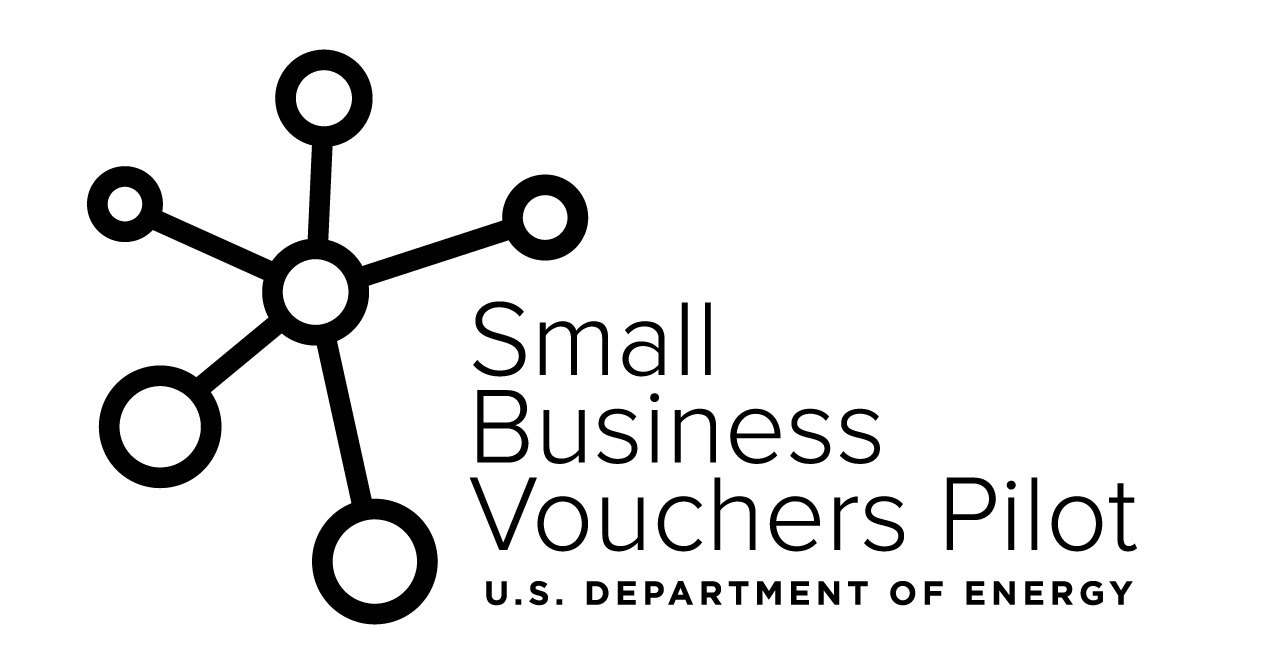ALBUQUERQUE, N.M. — The Department of Energy (DOE) today launched the third round of its Small Business Vouchers Pilot, which lets companies in the clean-energy sector apply for technical help from Sandia National Laboratories and other DOE labs.
Johanna Wolfson, Technology-to-Market director in the office of Energy Efficiency and Renewable Energy (EERE), announced the launch at South-by-Southwest Eco in Austin, Texas. The pilot, part of EERE’s National Laboratory Impact Initiative, aims to help small businesses bring next-generation clean-energy technologies to the market faster by giving them access to expertise and tools at national labs.

The Small Business Vouchers Pilot began in September 2015. EERE said 76 out of several hundred applicants received funding in the first two rounds. Eleven DOE labs have begun working with the private sector with a combined budget of $14.7 million. Sandia’s 12 vouchers from rounds one and two total $2.6 million and include projects in advanced manufacturing, bioenergy, fuel cells, geothermal energy, solar energy, wind and water power.
Companies can apply for $50,000 to $300,000 in technical-support vouchers through the SBV website. DOE will select the best business proposals that focus on a specific technical challenge in a competitive process. Successful applicants must provide a 20 percent, in-kind cost share.
EERE said it hopes in the third round to increase the number of small businesses collaborating with the DOE national laboratories. So small businesses with little to no experience working with the labs are strongly encouraged to submit requests for assistance.
Juan Torres, chief of operations for Sandia’s Energy and Climate programs, said companies can propose collaborative research with a particular scientist, request technical assistance from an engineer or gain access to such Sandia facilities as the Microsystems Science and Technology Center, the National Solar Thermal Test Facility or the Battery Abuse Testing Laboratory.
“The program gives companies an array of options to meet their technical challenges,” Torres said. “Sandia and the other labs have decades of R&D experience in clean energy technologies and an incredible amount of knowledge to share with these small businesses.”
Last year, DOE chose Sandia as one of five leads in the $20 million pilot, along with the National Renewable Energy Laboratory, Lawrence Berkeley National Laboratory, Oak Ridge National Laboratory and Pacific Northwest National Laboratory. Sandia was named the lead lab in the sectors of solar energy, wind energy and geothermal technologies.
Overall, the pilot focuses on helping small businesses develop technologies in the areas of advanced manufacturing, buildings, vehicles, wind, water, bioenergy, fuel cells, geothermal and solar. To be eligible to apply, businesses must be U.S.-based and -owned with no more than 500 full-time employees worldwide. About $12 million is available for vouchers in rounds three and four.
Businesses are invited to apply at http://www.SBV.org.
“This is a tremendous opportunity for small companies,” said Jackie Kerby Moore, Sandia’s manager of Technology and Economic Development. “And it will benefit the nation by building the clean-energy economy. It’s a classic win-win.”